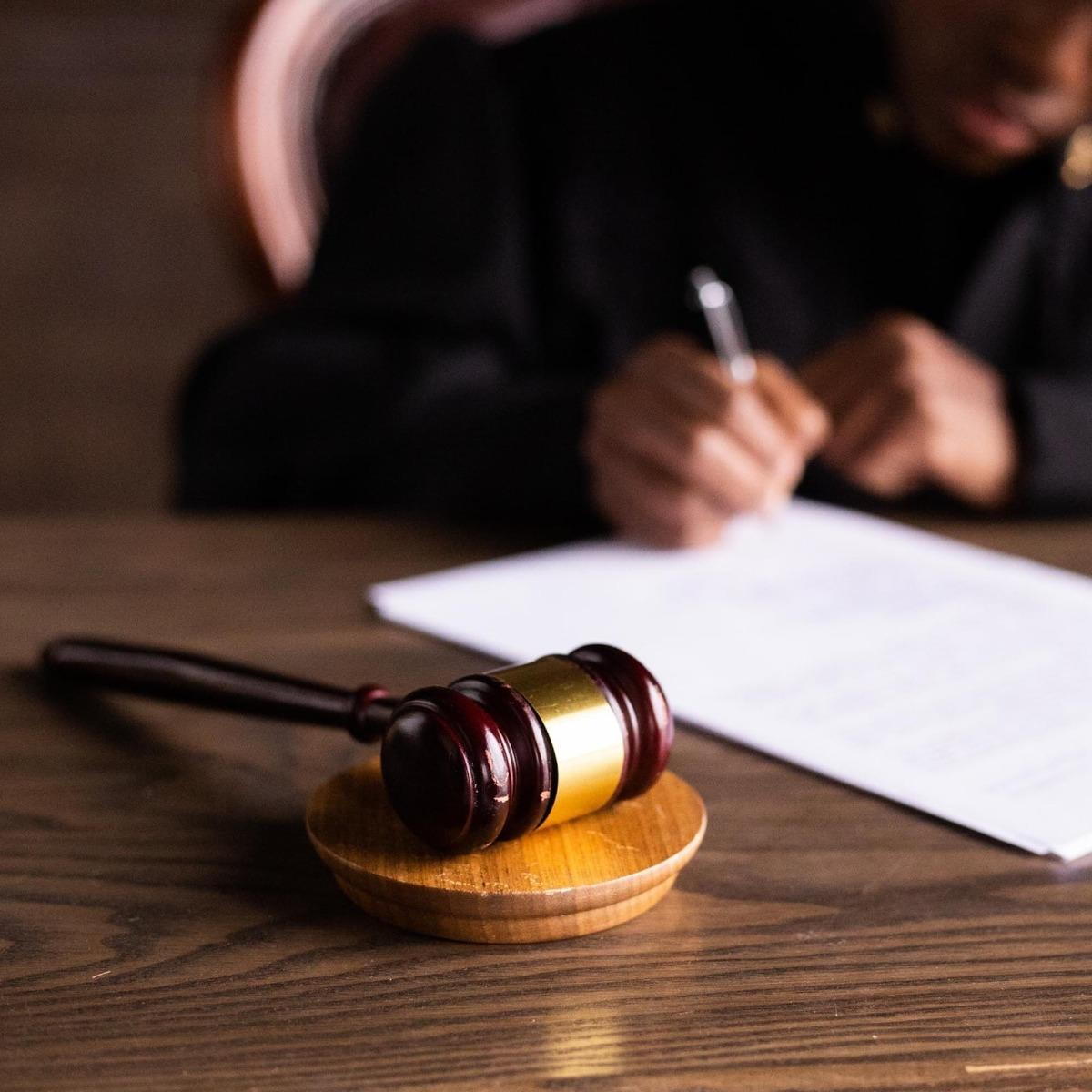
- posted: Oct. 27, 2022
The use of drugs and alcohol rises around the holidays. Many of these incidents could be attributed to the holiday celebrations and parties, but those who have experienced domestic abuse are aware that drinking alcohol also serves as a precursor to abuse. As a Miami family law firm, we are all too aware of the impact domestic violence has on its victims, whether it occurs over the holiday season or not.
Here are some steps you can take to safeguard yourself if you've experienced abuse or have reason to think your spouse will hurt you or someone you love.
File a Temporary Restraining Order
The state of Florida has four types of restraining orders for various relationships. For households, you'll need either a domestic violence order (if you live with your partner or have a child with them) or a sexual violence order (if you've been sexually assaulted). A restraining order can be requested by visiting your local courthouse. If you're not sure whether or not you're filling out the petition correctly, you should ask a court employee for assistance.
Let the Police Serve the Restraining Order
The restraining order is not served by you. If you live with your abuser, the police will accompany you there and order the respondent to leave. If the petitioner resides with the respondent, Florida courts frequently grant the petitioner automatic control of the house. Your significant other will be compelled to leave you alone, avoid the house, and be unable to get in touch with you for at least two weeks. Remember that the 15-day period is only a short-term solution. The purpose of the temporary orders is merely to provide you with respite from the present danger; under the law, your abuser is entitled to make an explanation for their actions and present a defense in a formal hearing. Use this two-week window of time to gather proof and establish the truth about your abuser's actions.
Make Preparations for a Formal Hearing
You might want to get in touch with a Miami family law attorney for this step. Before the expiration of the 15-day period, the judge will set a formal hearing to establish permanent restraining orders. The respondent will have the opportunity to address your accusations and present a defense during this hearing. Additionally, you will have the chance to make your case for an ongoing restraining order.
Miami family law lawyers at Rafool, LLC are ready to help take on your case. We have experience with multiple types of cases with lawyers that have years of experience. To request a consultation, visit us online, or call 305.567.9400.

